Transylvanian Reflections
As a faithful Unitarian Universalist, of course I knew about Transylvania and its Unitarian churches and schools. I’d seen the beautiful tapestries and embroidery from that region; I’d heard my late mother-in-law speak of her own travels there in the 1990s. And thanks to Starr King’s Balázs Scholar Program, I’ve had the opportunity and privilege to meet many Transylvanian Unitarian ministers who spent a year at Starr King in study and community. So when I received the invitation to speak at the 36th Congress of the International Association of Religious Freedom (IARF) in Kolosvar, I was thrilled – not only because of IARF’s storied history as an interfaith organization, but because of the pre-Congress tour of Unitarian churches. I would finally have a chance to glimpse life in some of these historic communities.
Yet nothing could really prepare me for the intensity of the experience. It was so moving to arrive in a city in which Unitarian institutions took up a square block in the center of a bustling city like Kolosvar (known as Cluj in Romania); to see the bronze statue of Francis David and plaques in several languages explaining his role in the founding of the faith. Across the street, a spacious building that once served as the residence of the Bishop had been converted into a House of Religious Studies. Filled with artifacts dating back to the 16th century, it provided meeting spaces and housing for guests. Even more delightful was the presence of a charming restaurant that leased space from the church. Its name? Café 1568 – a nod to the historic Diet of Torda, the town we’d visit on the first full day of our tour.
Of course we visited the church in Torda – now Roman Catholic – where Francis David argued successfully for the religious tolerance eventually declared by the only Unitarian king in history, John Sigismund. But more striking for me was our visit to the museum that houses the original painting that most of us have seen – the dramatic depiction of David, his arm outstretched, mid-declaration, in a room that looks nothing like the actual church where the debate took place. We’re so used to seeing the black and white etching or print of the scene hanging on a wall in some of our churches that the enormity of the actual painting is overwhelming. In fact, it is HUGE. It took up an entire wall of the gallery! (See video below)
I continue to reflect on what I saw and heard during my all-too-brief visit. But this first trip to Transylvania reinforced my commitment to initiatives such as the Balázs Scholar Program, as well as other programs that allow our students to visit and to immerse themselves in religious communities around the world. As Starr King continues its work to expand our reach and to celebrate the good news of religious freedom as one of the key ingredients in counter oppressive engagement, I am grateful for the opportunity to see for myself the richness of the Transylvanian part of our heritage, and to celebrate the reality that religious freedom – the capacity to choose how we will encounter the Holy – is a human longing that can emerge anywhere in our world. May the work of our school help us to connect communities of freedom and advance the work of sacred social change.
Photos & Videos
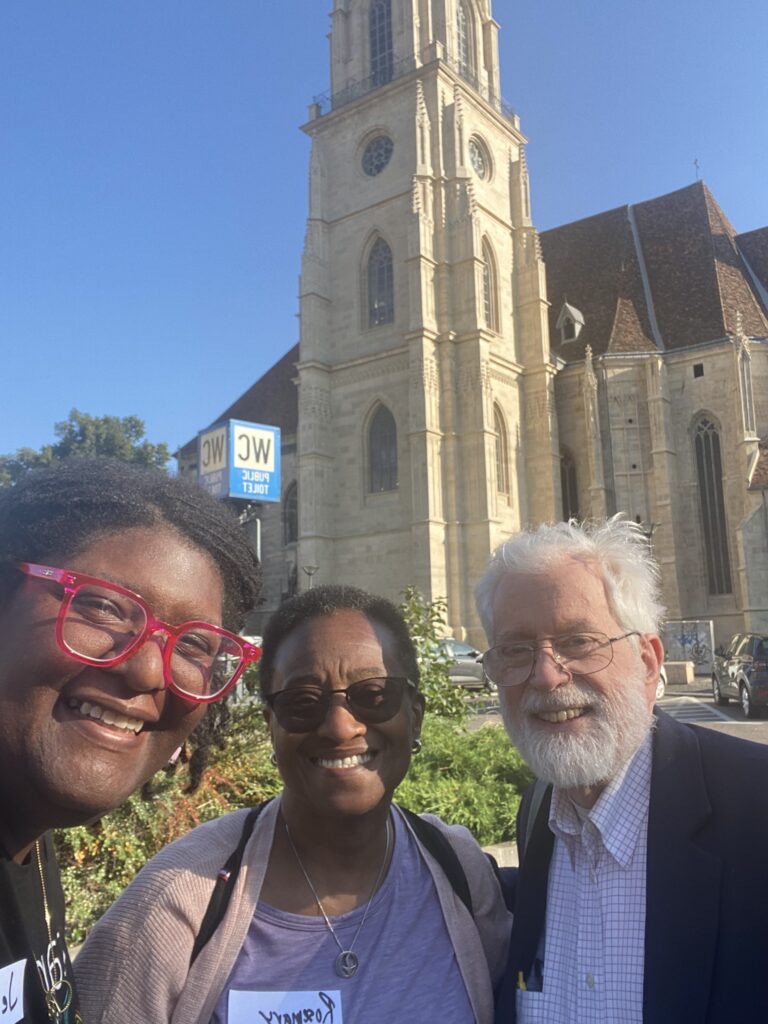
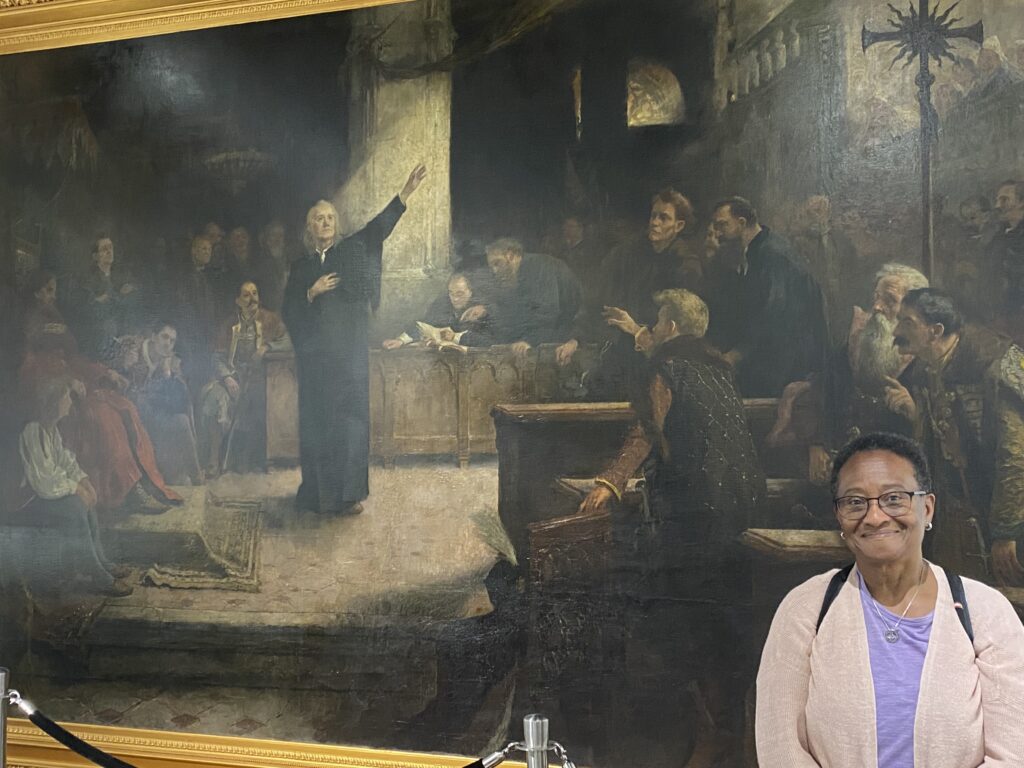
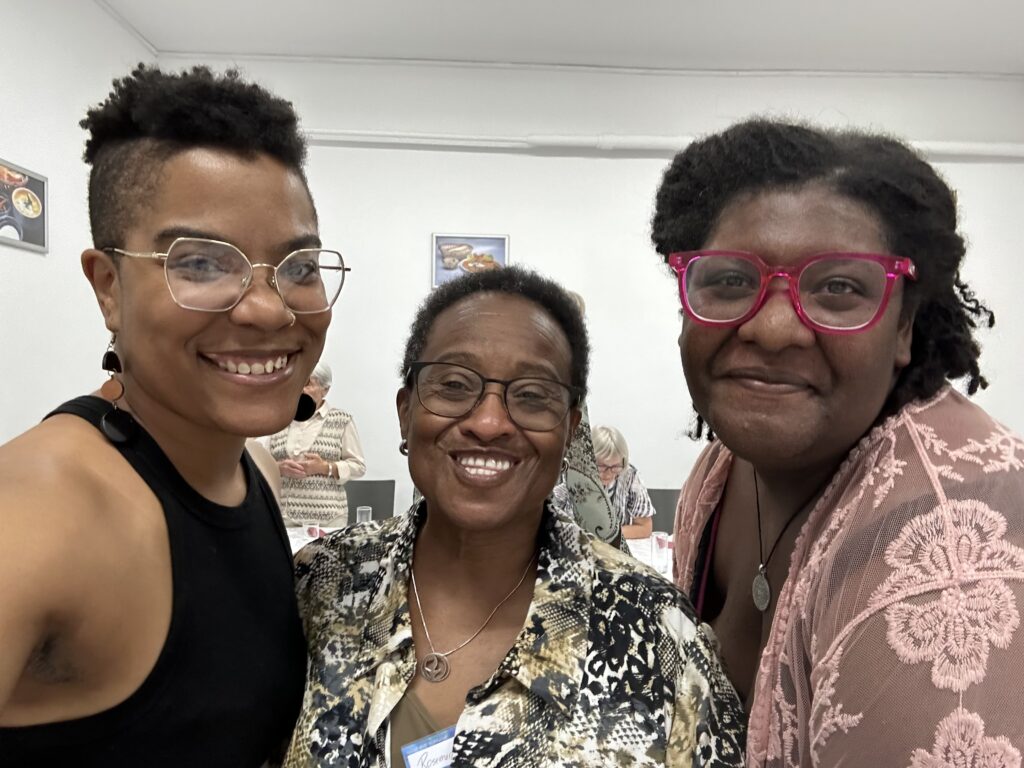
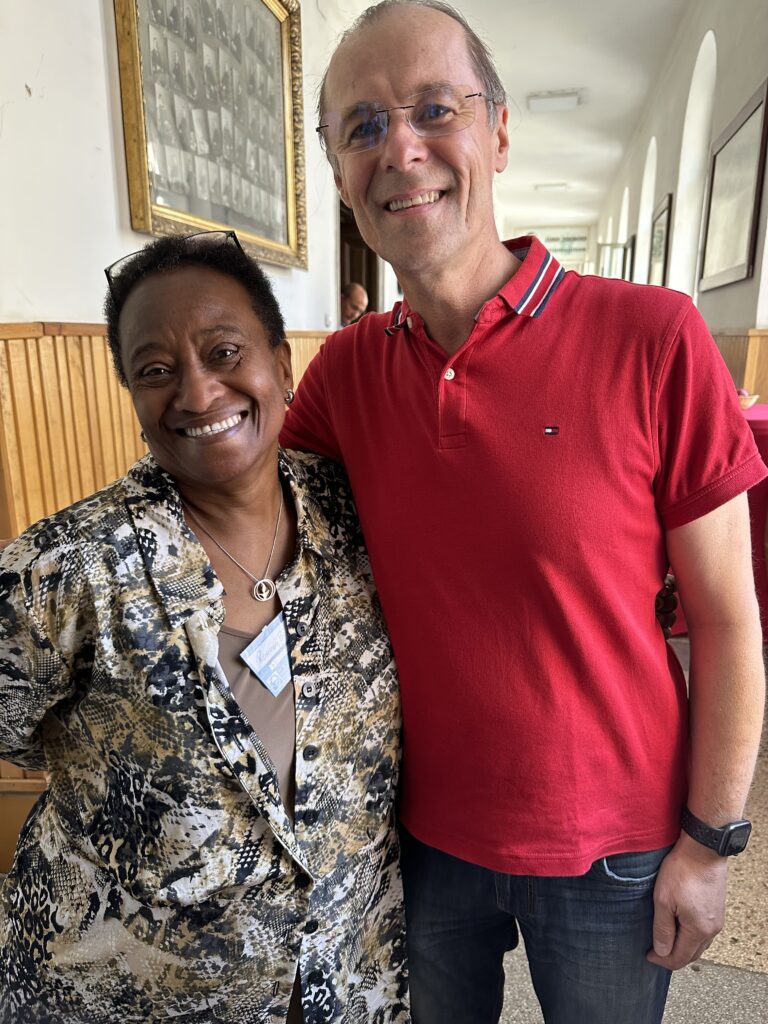
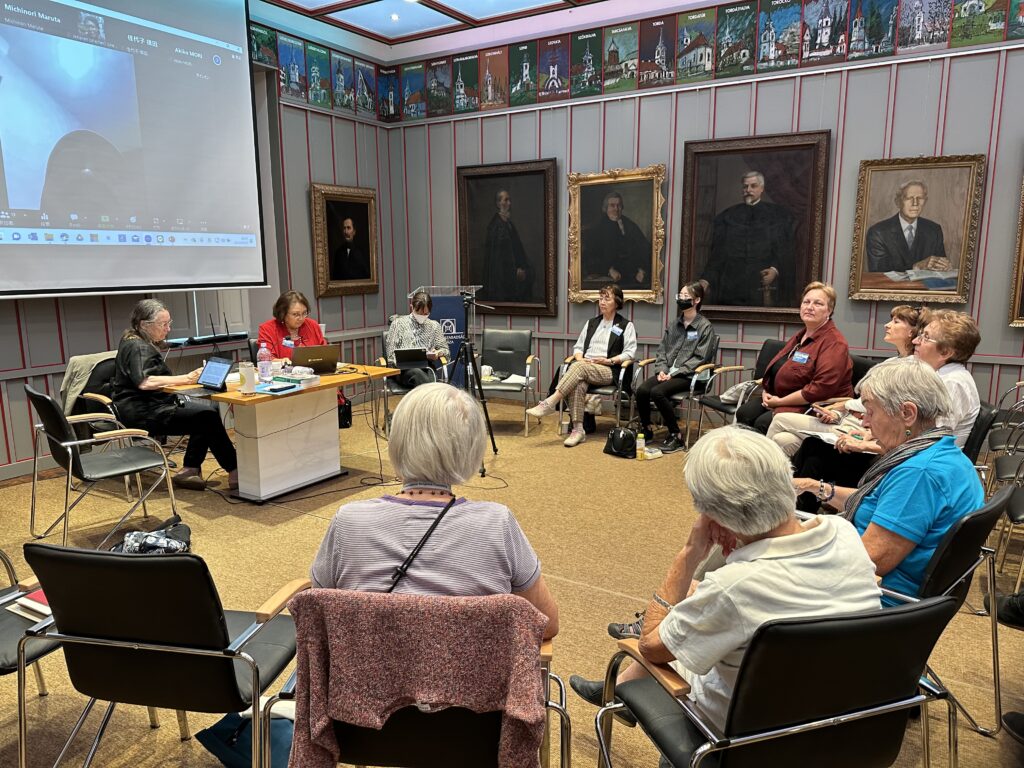
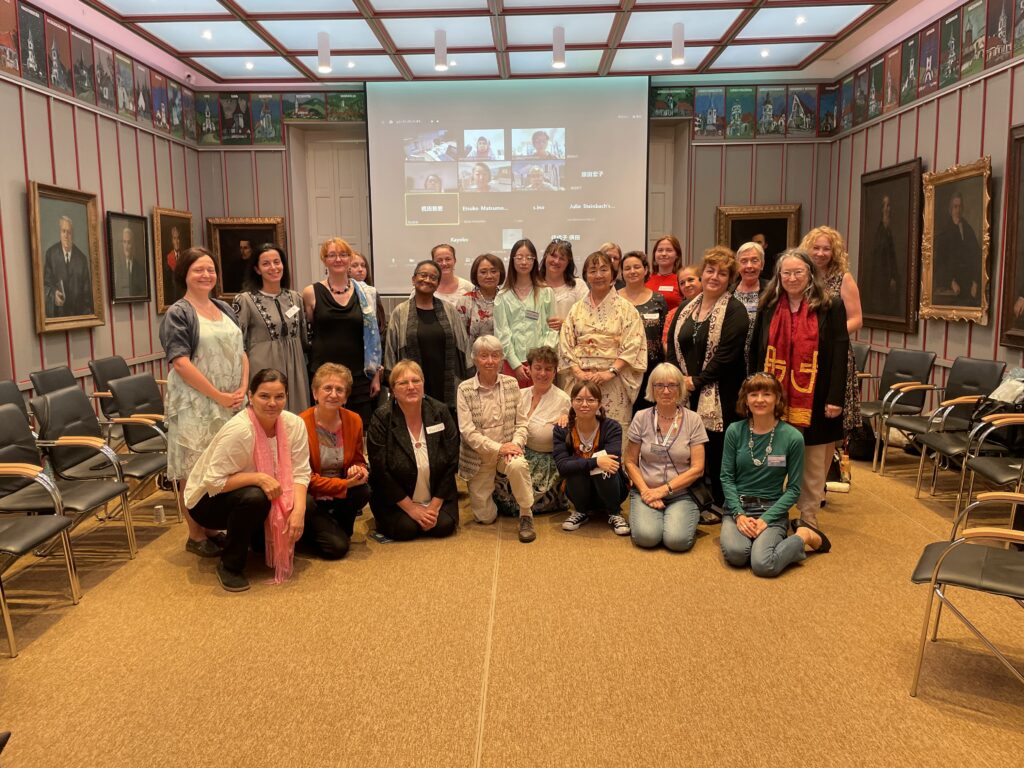
Support Our Work
Want to see more programs and initiatives like the immersive Balázs Scholar Program? Visit www.sksm.edu/sowingseeds to learn more and get involved.